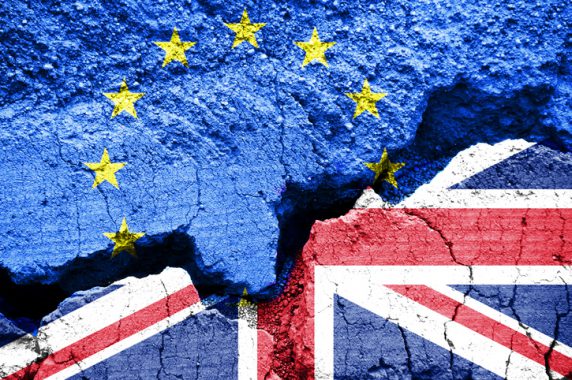Pharmaceutical suppliers should stockpile six weeks’ worth of drugs as a safeguard against ‘possible disruptions’ during the Brexit transition period, the Government has said.
In a letter sent on 3 August, Steve Oldfield, chief commercial officer at the Department of Health and Social Care (DHSC) told medicine suppliers to make stockpiling medicines a priority, despite global supply chains being under ‘significant pressure’ due to the pandemic.
Mr Oldfield said that where possible, suppliers should stockpile to ‘a target level of six weeks’ total stock on UK soil.
He added that the DHSC is ‘ready to support companies with their plans if required’ and it understands that a ‘flexible approach to preparedness may be required that considers a mixture of stockpiling and rerouting plans as necessary.’
The news comes as Britain prepares for the possibility of a no-deal Brexit – as the Brexit transition period end date (31 December 2020) draws nearer and no deal has been made.
However, the letter explains that the ‘new border and customs procedures [will] apply, regardless of whether the UK and EU agree to the ambitious free trade agreement that the government is seeking to negotiate.’
Sandra Gidley, president of the Royal Pharmaceutical Society (RPS), expressed her concern over the prospect of a no-deal Brexit amid ‘one of the most challenging times in the history of the NHS.’
She said: ‘It’s vital the UK and EU agree a deal on medicines regulation as soon as possible, to support our world-leading life sciences sector and ensure patients can get the medicines they need.
‘As we head into winter, combined with the potential of a second wave of Covid-19, the Government must consider all the options as part of prudent contingency planning to support patient care.’
A spokesperson for the National Pharmacy Association (NPA) said: ‘More or less the same contingency measures were put in place a year ago, when we were approaching the possibility of a hard Brexit. The difference now is that coronavirus has put extra pressure on medicines supply chains, depleted some stocks, and has led to spikes in demand for certain medicines.
‘Nobody knows for sure what will happen at the end of the transition period. But one thing we can guarantee is pharmacists will be working hard to get people their medicines, come what may.’
Last October, the BMA warned that a shortage of medicine could have a ’significant impact’ on patients, after Government figures showed nearly a fifth of medicine suppliers had yet to build up a six-week stockpile in the event of a no-deal Brexit.
A version of this article first appeared on Pulse’s sister title The Pharmacist.
Pulse October survey
Take our July 2025 survey to potentially win £1.000 worth of tokens















